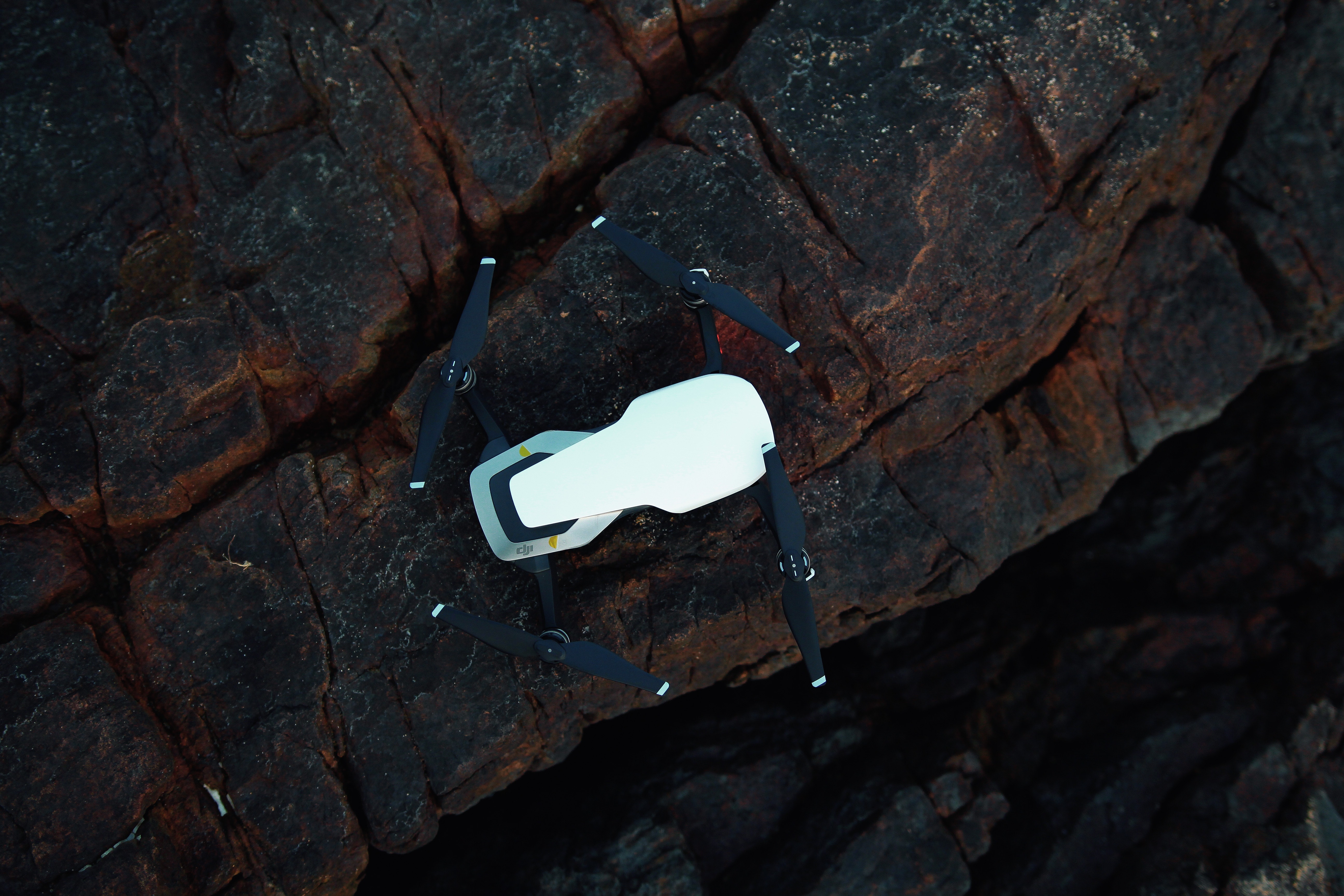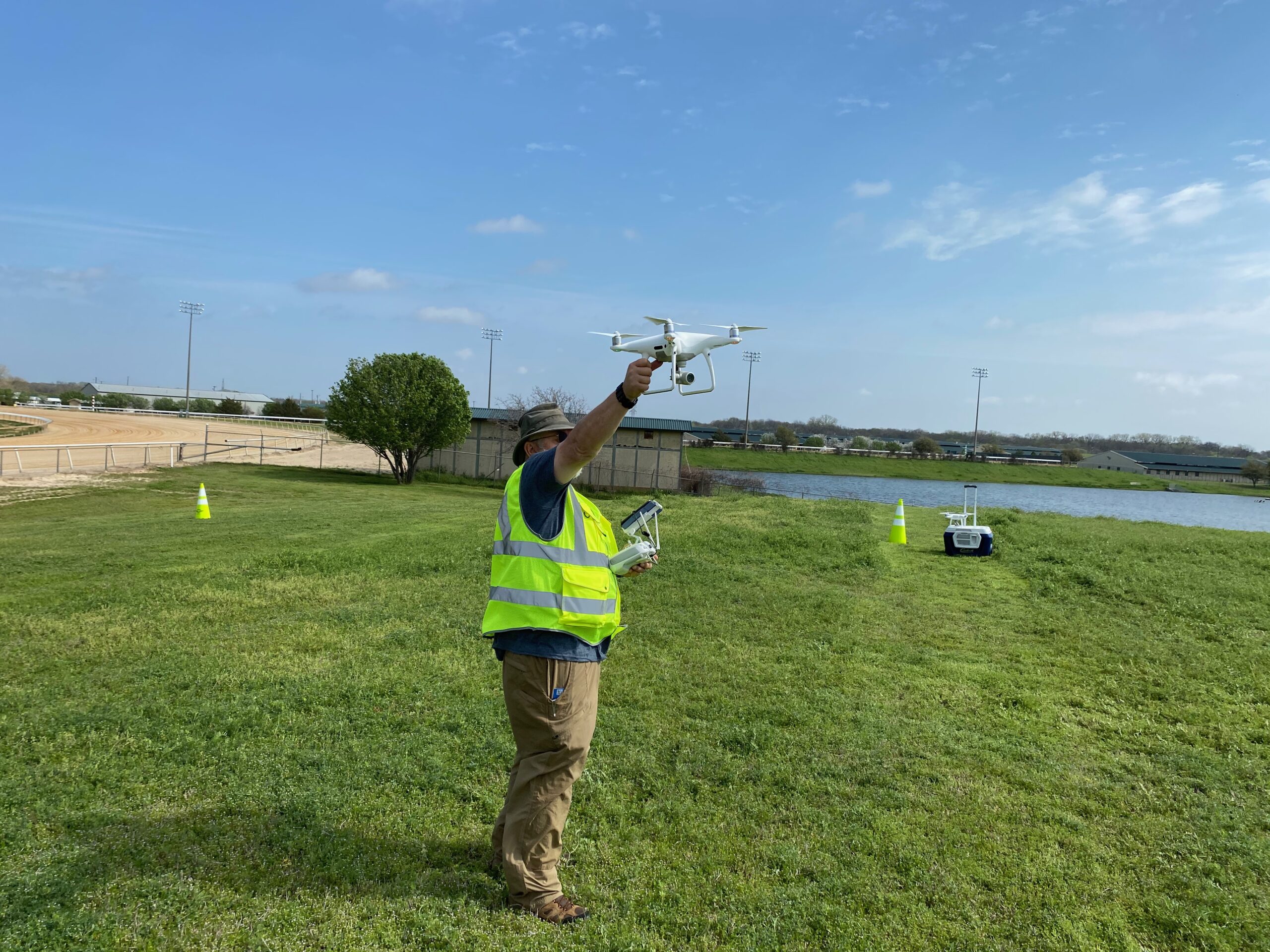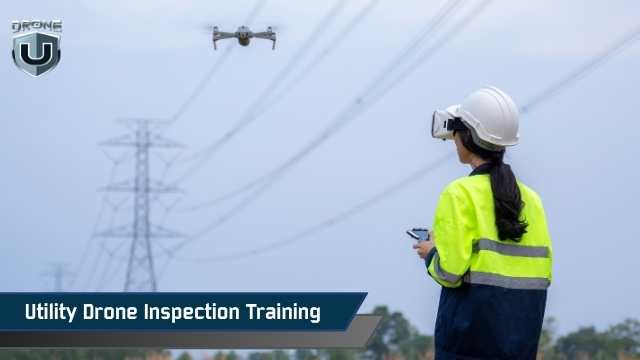It’s hard to believe it’s been over two years since Part 107 regulations came into existence. Thousands of pilots have entered the airspace since then. Having taken the exam within the first week of it being available in 2016, I’ve had many ups and downs during a vast array of experiences.
Though things have been difficult at times, every challenge has created a learning opportunity.
The following are key lessons I’ve gleaned since diving headfirst into the realm of commercial UAS operations.
Relationships Are Key for Finding Success as a Part 107 Pilot
This point can’t be understated. Your career as a Part 107 pilot will only go as far as your ability to connect with people.
Most of the countless opportunities I’ve had to fly in fascinating places have been made possible through someone’s assistance. Whether it was a special request through a contact with local ATC or a fellow pilot who gave me a lead, treasuring each relationship is crucial.
Master a Niche
Rather than trying to do many things to a basic level of competency, it pays to become an expert in one. The colloquialism, “Jack of all trades, master of none,” is especially relevant in the drone industry. There are so many potential ways drones can be used for commercial purposes, that it’s tempting to try to learn all of them.
Instead, focus on one area and be specific to the scope of your services.
It’s always easier to be known as an expert in one field and occasionally step outside the bounds of your niche for a special request than to try to take on everything that comes your way.
Fly Safe
Although enforcement actions are few and far in between, it’s important to fly with safety at the forefront of your mind. Have a number of contingency plans in place, especially in the event of a fly away.
Other basic tips that every Part 107 pilot should know can be found within the Drone U Bank of Resources. Among the most important are the how-to-not courses on crashing your drone. These practical, yet often missed precautions can make all the difference in protecting you investment.
Drone U is a safety advocate, and the organization is committed to providing you with all of the resources needed to become a leader by example.
Get Better Every Day
Without an effort to improve, other hungry Part 107 professionals in the UAS community will pass you by. Stay sharp, learn often and don’t be too proud to admit to yourself that you need more training in a particular area.
Most Importantly, Fly!
As the days get shorter, don’t be afraid to take out your pocket indoor drone and fly through obstacles at home. If you can control a small drone, the larger commercial models won’t seem nearly as difficult to maneuver.
On the Business side, continue to pursue clients and work to increase your value to them. If you can learn a new skill such as map processing, then you can combine this newfound talent with your piloting skills to create a new deliverable and client base.
Be a Pro
Another key takeaway from two years as a commercial Part 107 operator is to be a professional in every aspect. Always dress like a businessman or businesswoman, and in the field, be respectful of everyone’s time.
Always show up on time, and treat the public like an ambassador for all Part 107 UAS pilots, even when they’re unreasonable or rude. There have been many times where I’ve had people come up to me while flying with little tact and an aggressive mindset. I have been able to diffuse the situation by simply showing basic courtesy and respect.
As a commercial operator in a relatively new industry, many people will show fear and uncertainty surrounding what we all do. It’s up to all of us to be the ones who change their perceptions with kindness.
Michael C. Jones is the founder and chief pilot of California Aerial Media based in San Diego, California. In addition to hundreds of hours of UAS flight time, he has over 20 hours logged in single-engine manned aircraft. He is a graduate of UC Santa Barbara who enjoys spending time with his wife and two children.
Check out our Medium page for more such content
Do not forget to subscribe and Listen to Ask Drone U, the #1 drone podcast
Connect with a vibrant drone community by becoming a Drone U member






Add Your Comment